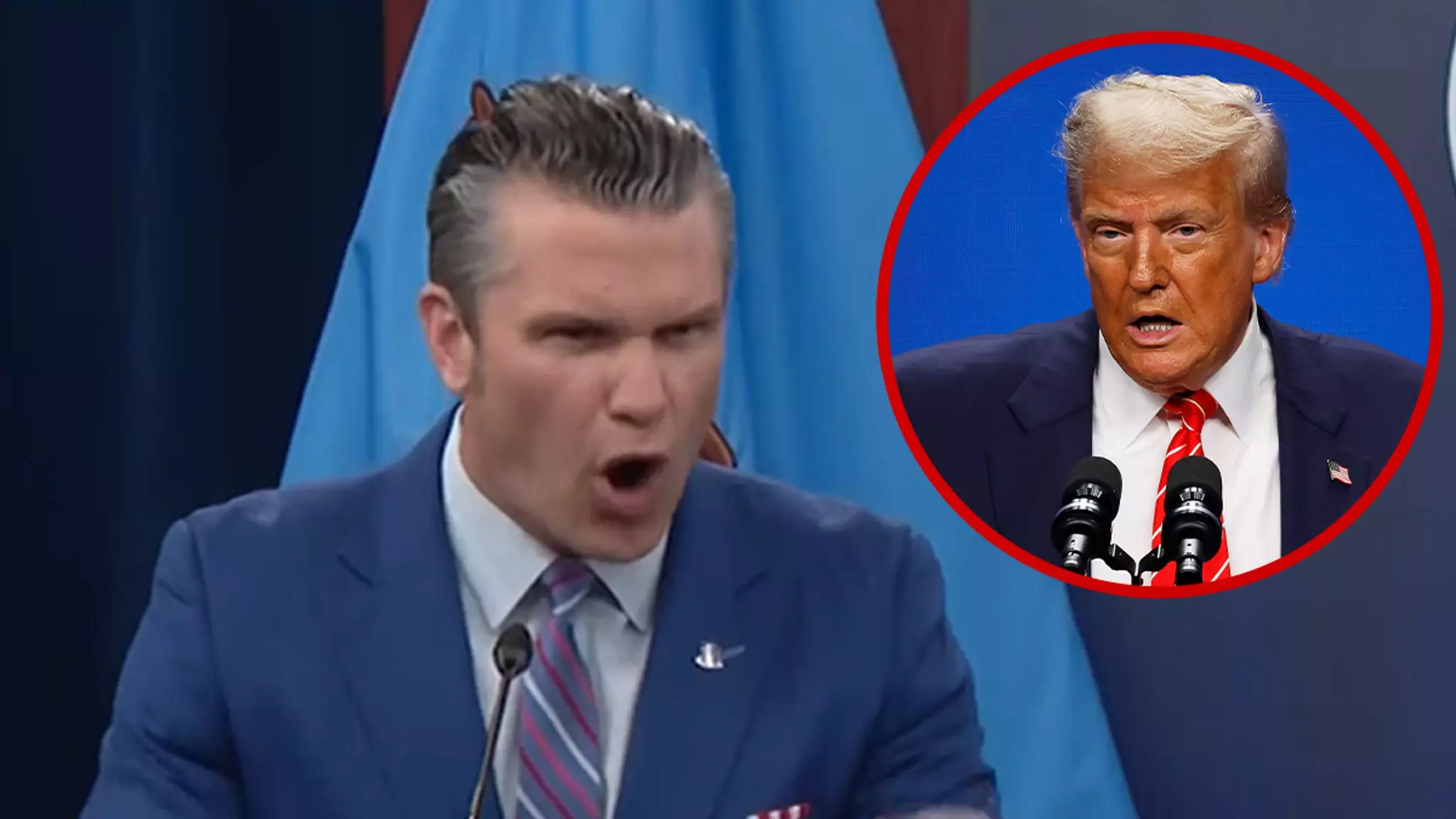In a charged atmosphere of political tension and media scrutiny, Pete Hegseth, the Secretary of Defense, recently unleashed a passionate tirade against the press corps. His reaction followed reports detailing a leaked Pentagon document regarding a military operation against Iran that purportedly produced only minimal setbacks for the nation’s nuclear ambitions. Hegseth’s comments, calling out the press for what he deemed “un-American” behavior, bare a larger issue: the frail relationship between the military establishment and the media, driven by narratives that often clash with one another.
Hegseth’s emotional appeal centers on a fundamental point—the valor and dedication of military personnel. Rather than unveiling the truth, the media’s framing, according to Hegseth, skews toward half-truths designed to undermine President Trump and the Department of Defense’s efforts. This battle over narratives questions the ethics of journalism in wartime and the responsibilities both the media and the government have to ensure accurate portrayals of military actions. This incident exemplifies a broader cultural tendency where journalism is criticized for its role in reflecting governmental activities, particularly when these actions involve loss of life or geopolitical strife.
Human Faces: The Soldiers Behind the Strategy
A defining moment of Hegseth’s defense was hinged on emphasizing the human aspect of military operations. By likening negative media portrayals to direct attacks on the troops, he aimed to galvanize public sentiment in favor of the men and women serving in the armed forces. This tactic, while noble in intent, raises questions about the ethics of using service members as shields against criticism. The Secretary’s frustration escalated when a journalist attempted to bring gender dynamics into the discussion, prompting accusations of sexism that may distract from the central narrative at hand: military honor and bravery.
Hegseth’s insistence on portraying military operations as purely triumphant efforts might also reflect an attempt to bolster nationalistic sentiments during politically charged times. However, this could risk oversimplifying complex issues surrounding war and peace. Are we not entitled to critique governmental decisions that directly impact lives, both at home and abroad? The danger here is in fostering a culture that equates any critical analysis of military actions with betrayal or disrespect—a sentiment echoed in Hegseth’s remarks.
The Ripple Effects of Reporting: Beyond Just Headlines
The Pentagon’s decision to showcase powerful bomb-test footage exemplifies the dual edges of military transparency and political theater. While it serves to illustrate military capabilities and readiness, it also invites a cacophony of responses from the media and the public, potentially transforming a strategic message into a partisan battleground. As the Trump administration continues to navigate its tumultuous relationship with the press, the dynamics of power, responsibility, and representation in warfare remain hotly contested.
Hegseth’s extensive diatribe against critical journalism highlights an essential debate: is there ever room for healthy skepticism in the age of a militarized narrative? If the press is to serve as a watchdog of democracy, it must tread carefully between fervent nationalism and the moral responsibilities that accompany warfare. As military actions increasingly shape international relations, the onus lies on both media and government to pursue a path that upholds truth and honors those who serve.
In a time when narratives collide, individuals must weigh the implications of their lenses—whether as journalists or policymakers. The call for greater valor in storytelling might, ultimately, be a call for deeper understanding and nuance in the complex fabric of global politics.

Leave a Reply